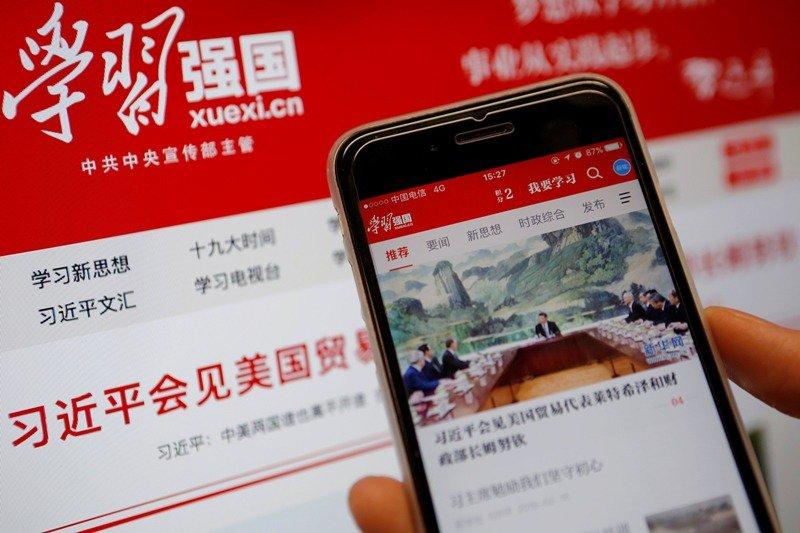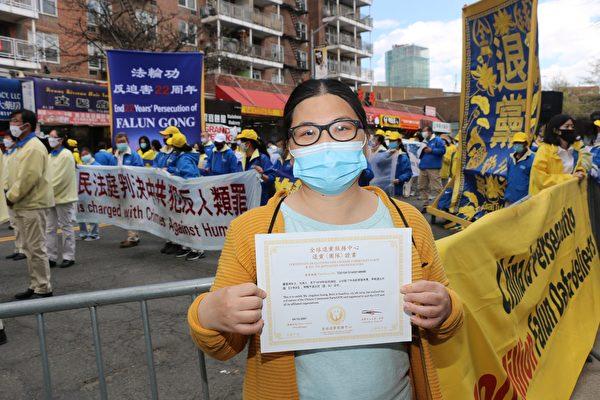The blacklist of trademarks using names of Chinese Communist Party (CCP) officials has been expanded again following a rejection of the “Chunhua” trademark, owing to its association with Chinese Vice Premier Hu Chunhua.
A “Notice of Trademark Rejection” issued by China National Intellectual Property Administration (CNIPA) has been circulating on the internet lately, catalyzed by CNIPA’s decision to turn down the trademark request applied by a company named Chunhua on June 29, 2020.






